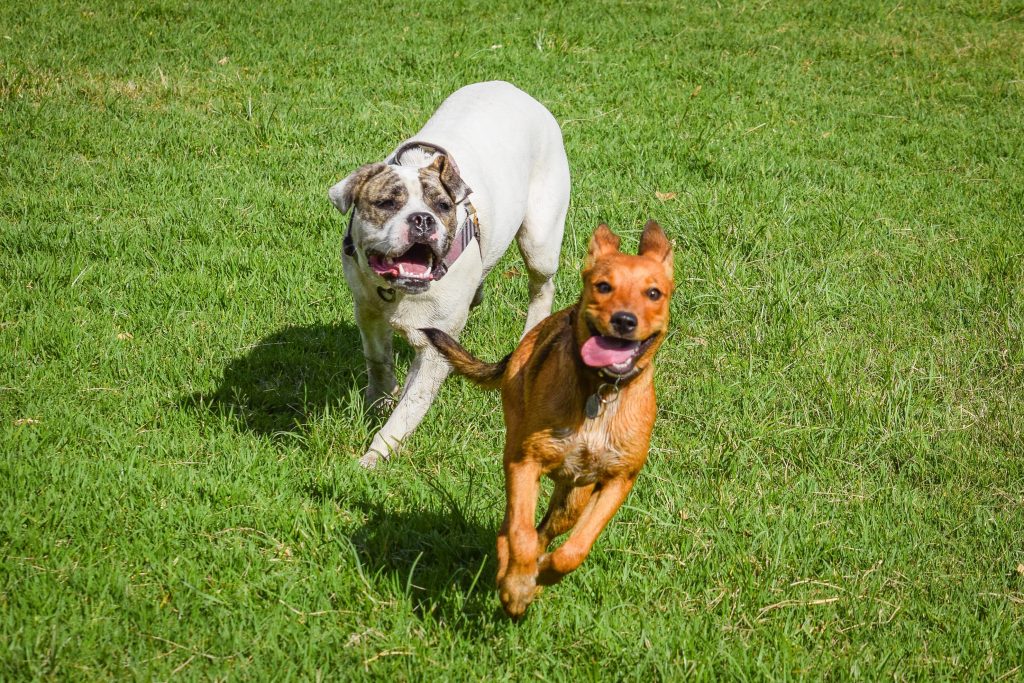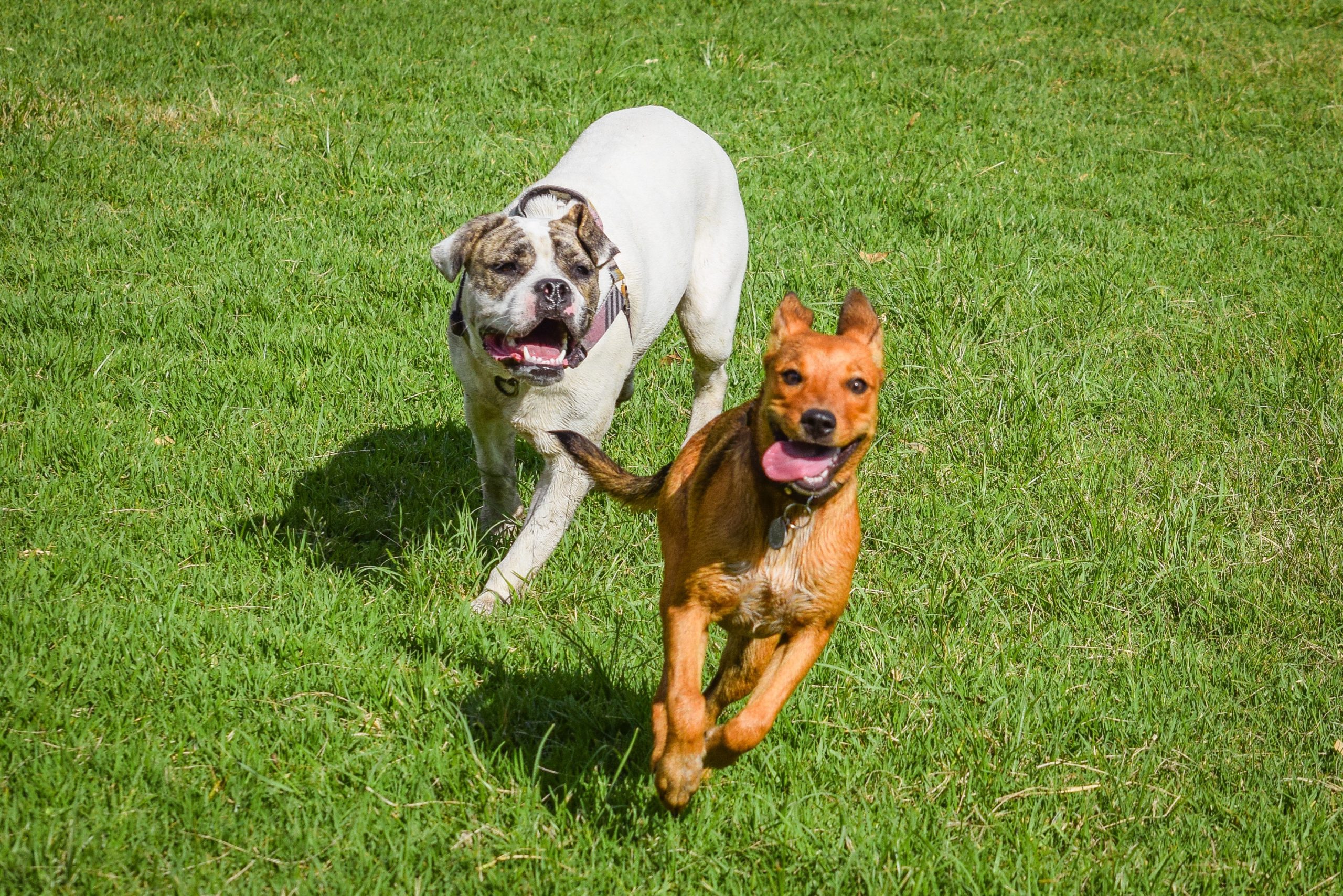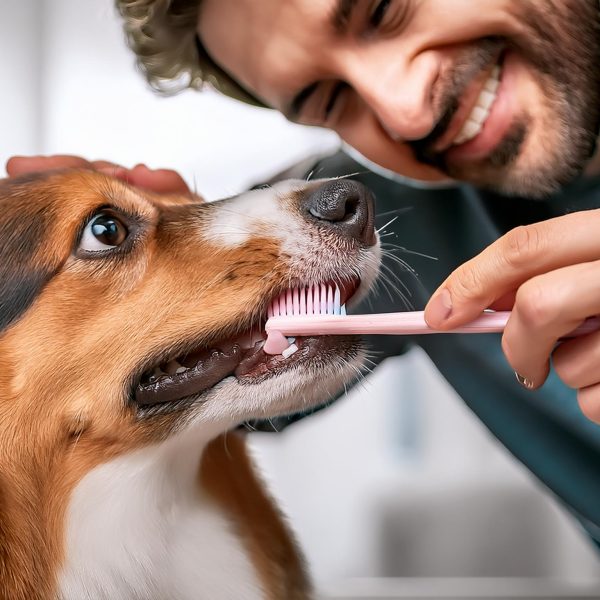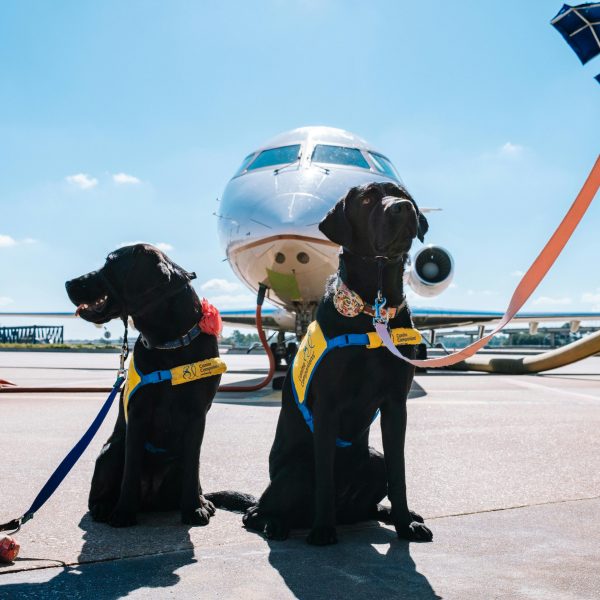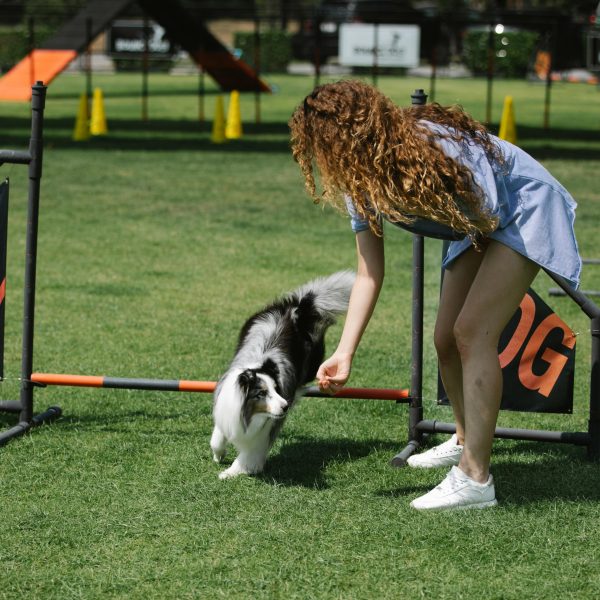In a world where the boundaries of companionship and friendship have expanded beyond human relationships, pets have firmly ingrained themselves as cherished members of households. They transcend mere animals; they evolve into integral parts of the family unit, serving as trusted confidants and sources of unwavering loyalty and affection. One pivotal element that underpins a pet’s seamless integration into human lives is socialization. Socialization not only influences their behavior and emotional well-being, but also plays a pivotal role in fostering understanding and compassion within society. This article delves into the world of pet socialization, exploring its significance, methods, benefits, and profound impacts on both animals and humans.
Understanding Pet Socialization
Similar to humans, pets undergo a process known as socialization to learn how to interact, communicate, and adapt to their surroundings. This process involves exposing them to various stimuli, experiences, and interactions that shape their behavior, responses, and temperament. Early socialization during their developmental stages, commonly referred to as the “critical period,” significantly influences their ability to adjust to novel situations, people, animals, and environments.
Approaches to Pet Socialization
The art of socializing a pet encompasses a combination of experiences that gradually acquaint them with different aspects of the world and interactions with other animals. Positive socialization helps pets become more confident, reduces fear and anxiety, and establishes a foundation for harmonious coexistence. Here are some common methods of socialization:
- Meeting People: Introducing pets to a diverse range of individuals, including children, men, women, and people with varying appearances and behaviors, helps them learn to differentiate between friends and strangers.
- Interacting with Animals: Controlled introductions to animals of different species teach pets appropriate social cues and communication skills, enabling them to navigate various social dynamics.
- Exposure to Environments: Acclimating pets to diverse environments such as urban settings, rural areas, indoors, and outdoors aids in their ability to adapt to changing surroundings without distress.
- Positive Training: Employing reinforcement-based training techniques not only improves pets’ obedience but also enhances their self-assurance and trust in their human caregivers.
- Introducing New Experiences: Familiarizing pets with experiences like car rides, grooming sessions, or visits to the veterinarian builds resilience, preparing them to handle various situations.
Benefits of Socialization
The benefits of socializing pets extend beyond individual animals; they contribute positively to society as a whole. Properly socialized pets are more likely to exhibit desirable behavior, respond positively to commands, and engage in appropriate interactions with both animals and people. This reduces fear-based behaviors and aggression, making interactions safer for everyone involved. Socialization deepens the bond between pets and their human caregivers as trust and reliance develop between them. Additionally, it helps mitigate separation anxiety, enabling pets to adapt to periods of separation without undue distress.
Socialized pets contribute to the broader pet community by exhibiting well-mannered behavior in public spaces and around other animals and people. Moreover, interacting with pets from diverse backgrounds fosters empathy and compassion in humans, promoting respect and care for all living beings.
Impact on Human Well-being
The effects of socialization transcend the animal realm, impacting human psychology, behavior, and overall well-being. The scientifically proven bond between humans and their pets influences health in several ways:
- Stress Reduction: Spending time with pets reduces stress hormones, alleviates anxiety, and offers emotional support and comfort.
- Improved Mood: Interacting with pets triggers the release of oxytocin, known as the “bonding hormone,” leading to improved mood and feelings of happiness.
- Combating Loneliness: For those living alone or experiencing isolation, having a pet can alleviate loneliness by providing companionship and a sense of purpose.
- Enhanced Social Interaction: Pet owners often find it easier to initiate conversations with others as their pets naturally serve as conversation starters and icebreakers.
- Mindfulness and Presence: Caring for pets fosters mindfulness, helping individuals remain present in the moment and attuned to their animal companions’ needs.
The relationship between humans and their pets is symbiotic. As animals grow through experiences and interactions, they become adjusted members of society, confident and emotionally healthy. Simultaneously, humans gain companionship, emotional support, and a deeper understanding of empathy, compassion, and responsibility. This shared experience of socialization not only enriches the lives of individuals but also contributes to the creation of a more caring and understanding world. It’s a world where connections between humans and animals transcend language and limitations, forging bonds that enhance the human experience.

